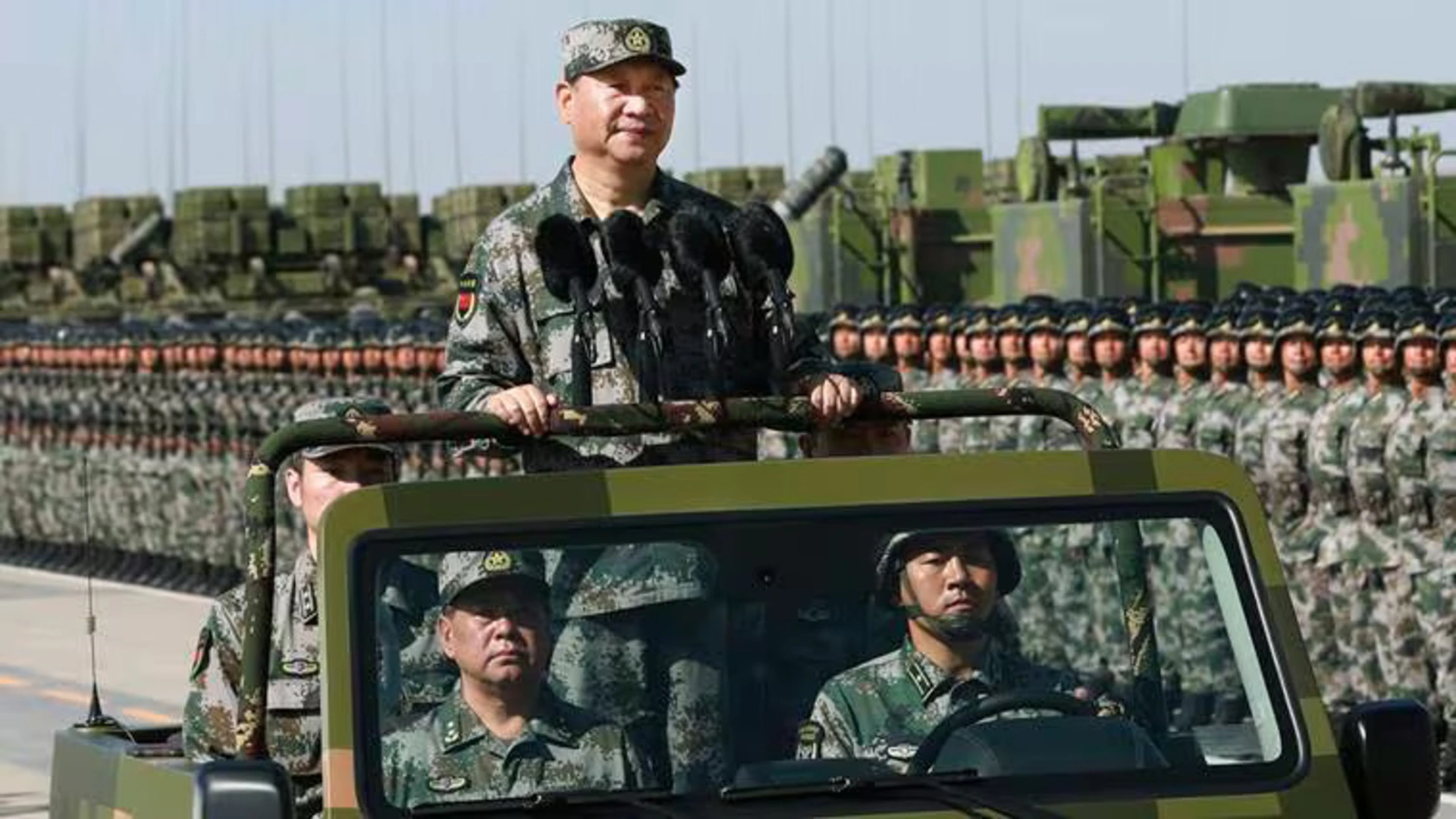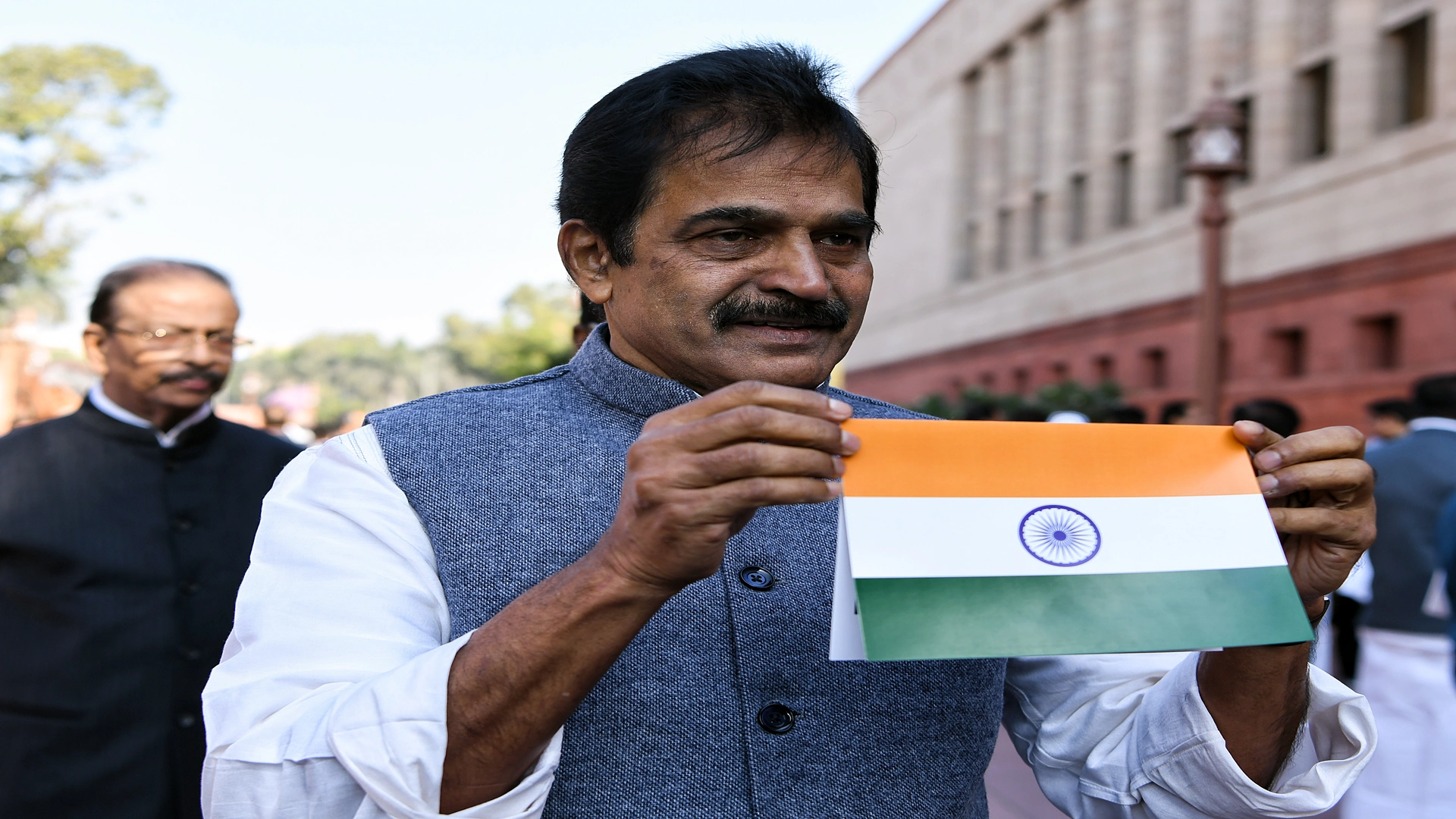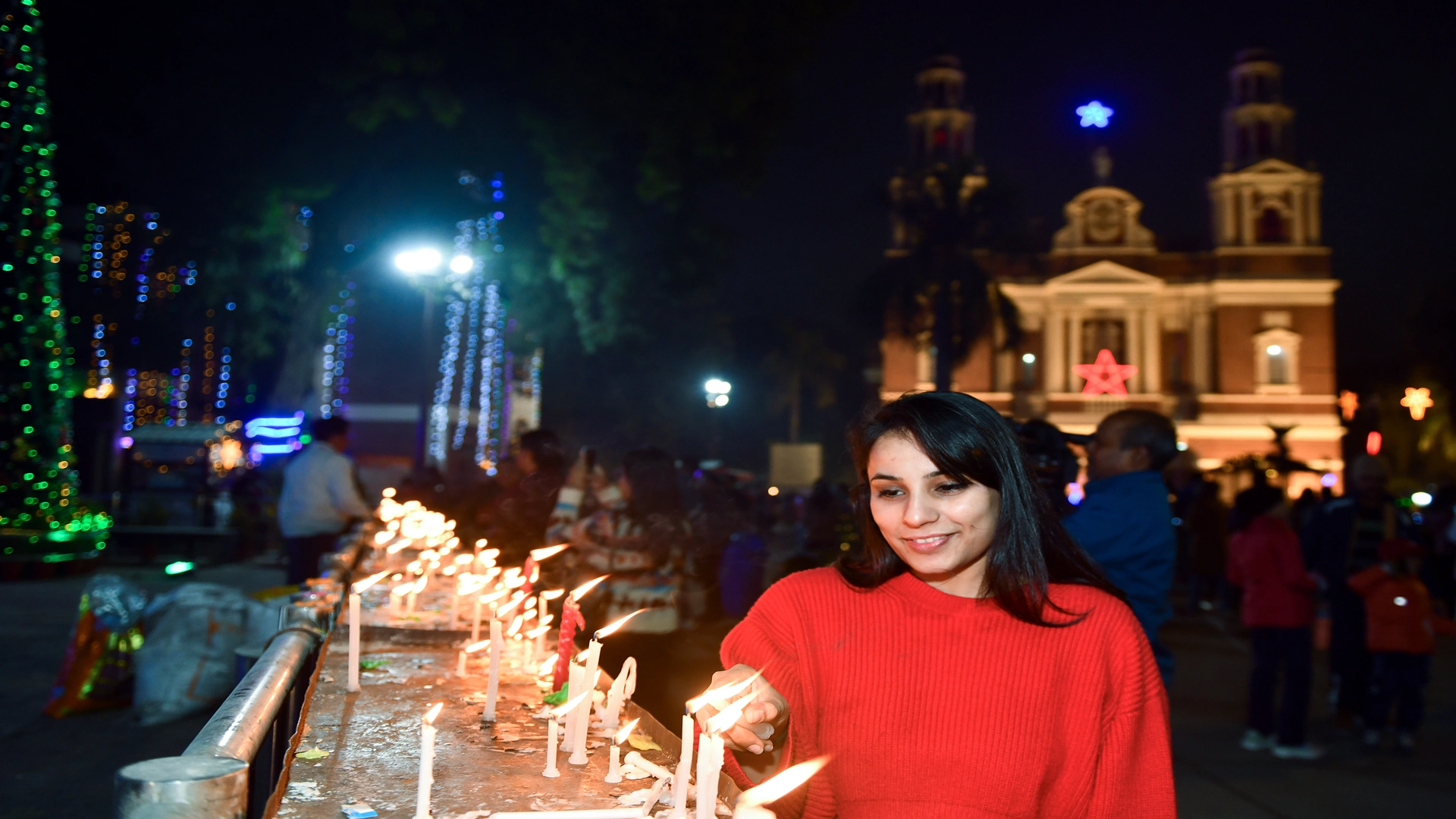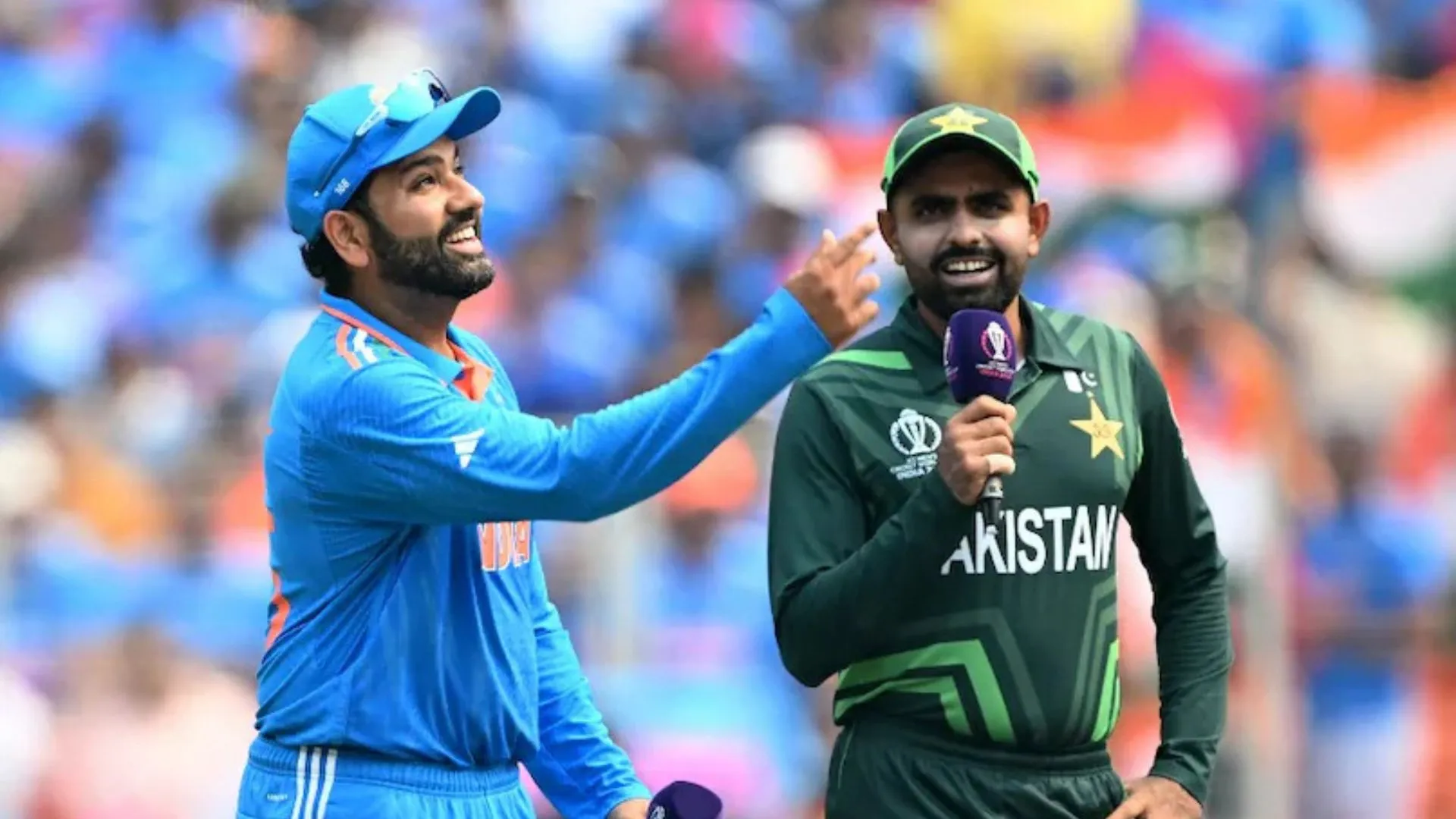Prime Minister Narendra Modi’s decision to pick Bhajan Lal Sharma, a state BJP general secretary, as the new Chief Minister not only brings the party closer to Brahmin voters in Rajasthan and other Hindi-belt states but also energises the cadre ahead of the Lok Sabha elections as it again sets an example that a common worker of the party can also rise to the top post. Interestingly, the new chief ministers in Madhya Pradesh and Chhattisgarh – Mohan Yadav and Vishnu Deo Sai—were also both general secretaries of their state BJP units before being elevated to the CM’s post.
The picking of Sharma as CM Rajasthan is visibly a master stroke to strengthen BJP’s hold over the caste matrix, without diluting the national-level agenda of development, patriotism and Ram Temple and Hindutva for the 2024 Lok Sabha election.
The selection of Sharma, 56, as CM in Rajasthan may help the BJP reach out to Brahmin voters who form 8% of the total voters in the desert state. At the national level, Brahmin voters account for 5% of the total electorate.
In the just-concluded Assembly election, the BJP fielded 19 Brahmin candidates out of whom 10 have been elected in the new House. In all, the BJP secured 115 seats out of 199, leading to the ousting of the incumbent Ashok Gehlot government, while the Congress won 69 seats.
The BJP’s decision to pick a Brahmin for Rajasthan’s CM post is also being described as a correction of a historical mistake in the desert state where the last Brahmin CM, Hari Dev Joshi of the Congress, served in 1990. Even the state BJP chief C.P. Joshi belongs to the Brahmin community.
A Brahmin pick as the CM in Rajasthan is likely to help the BJP attract Brahmin voters in Hindi heartland and neighbouring states like Uttar Pradesh, Madhya Pradesh and Haryana. UP and Uttarakhand already have Rajput CMs in Yogi Adityanath and Pushkar Singh Dhami. The only two Brahmin CMs in the country are in eastern states – Mamata Banerjee in West Bengal and Himanta Biswa Sarma in Assam.
Senior journalist Vinod Agnihotri said the faith reposed by the BJP in a Brahmin CM in Rajasthan will help it keep intact its Brahmin vote bank which has always been loyal to it in the desert state and other Hindi belt states. Interesting, the BJP has picked one deputy CM each in Chhattisgarh and MP are Brahmins.
Political analyst Ritwick Srivastav said BJP’s CM and Deputy CM picks have been made keeping an eye on maintaining caste balance across BJP-ruled north Indian states.
“Now BJP has a Thakur/Rajput CM (UP), Brahmin CM (Rajasthan), OBC – Yadav CM (MP), ST CM (Chhattisgarh) – all these castes are focus castes for BJP for Lok Sabha election and would help BJP retain its tally in the upcoming General Elections.”
While the new MP CM is likely to be the Yadav face of BJP and influence this community’s voters in the Lok Sabha election in Uttar Pradesh, Madhya Pradesh and Bihar, the Tribal CM from Chhattisgarh leader is going to help reach out to tribal voters in neighbouring states like Jharkhand, Odisha, MP, Rajasthan and Telangana.
Senior political writer Vijay Vidhrohi said the selection of Sharma as Rajasthan CM and Prem Chand Bairwa, a Dalit MLA, and Diya Kumari, a Rajput MLA, as new Deputy Chief Ministers may make leaders and voters from Jat, Gujjar and Meena communities ignored. He said the new CM and his two deputies may face the challenge of running the state as they have not served in any ministerial post.








